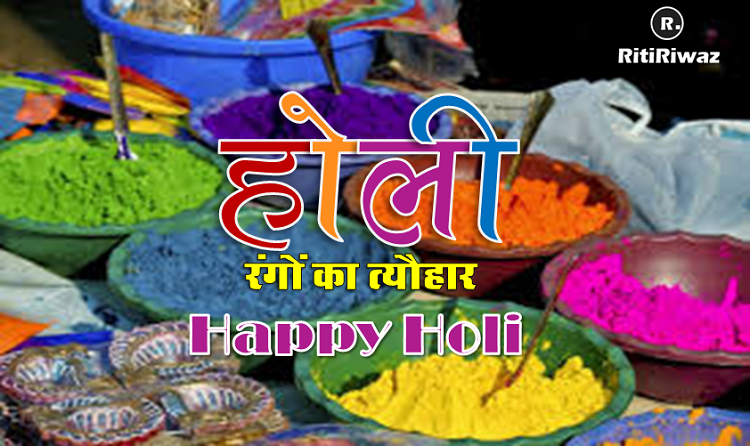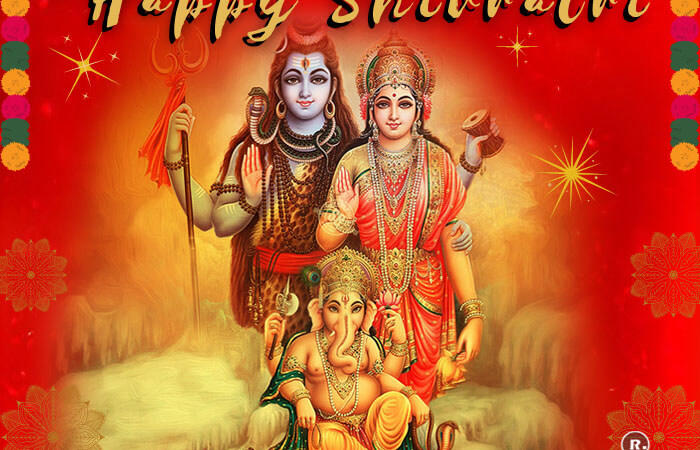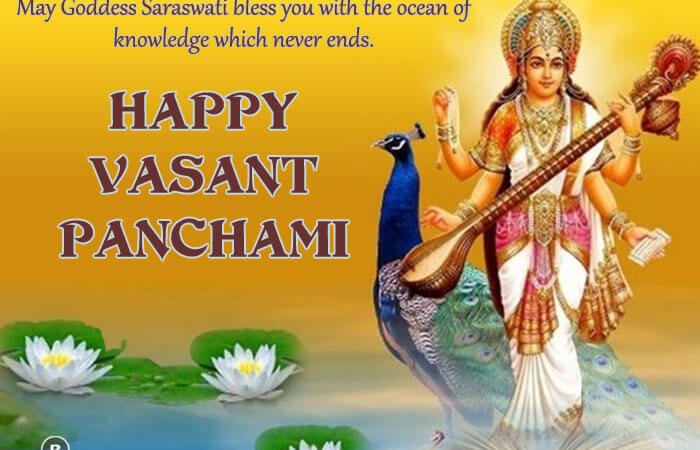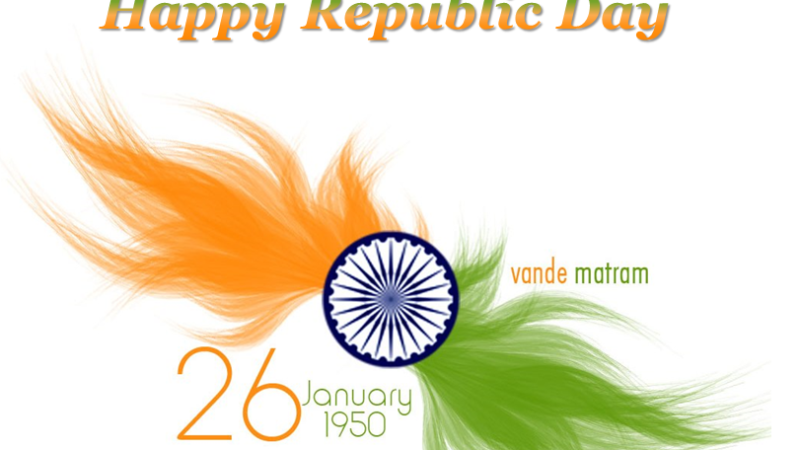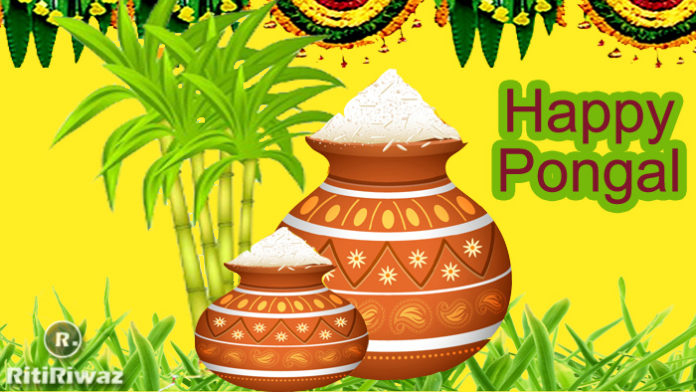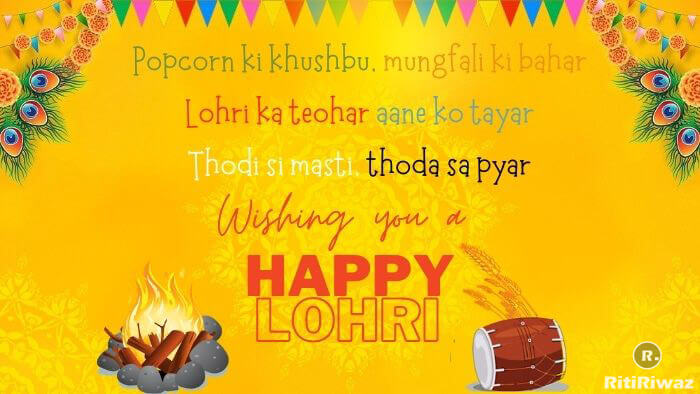Onam – Festival and Carnival of Kerala
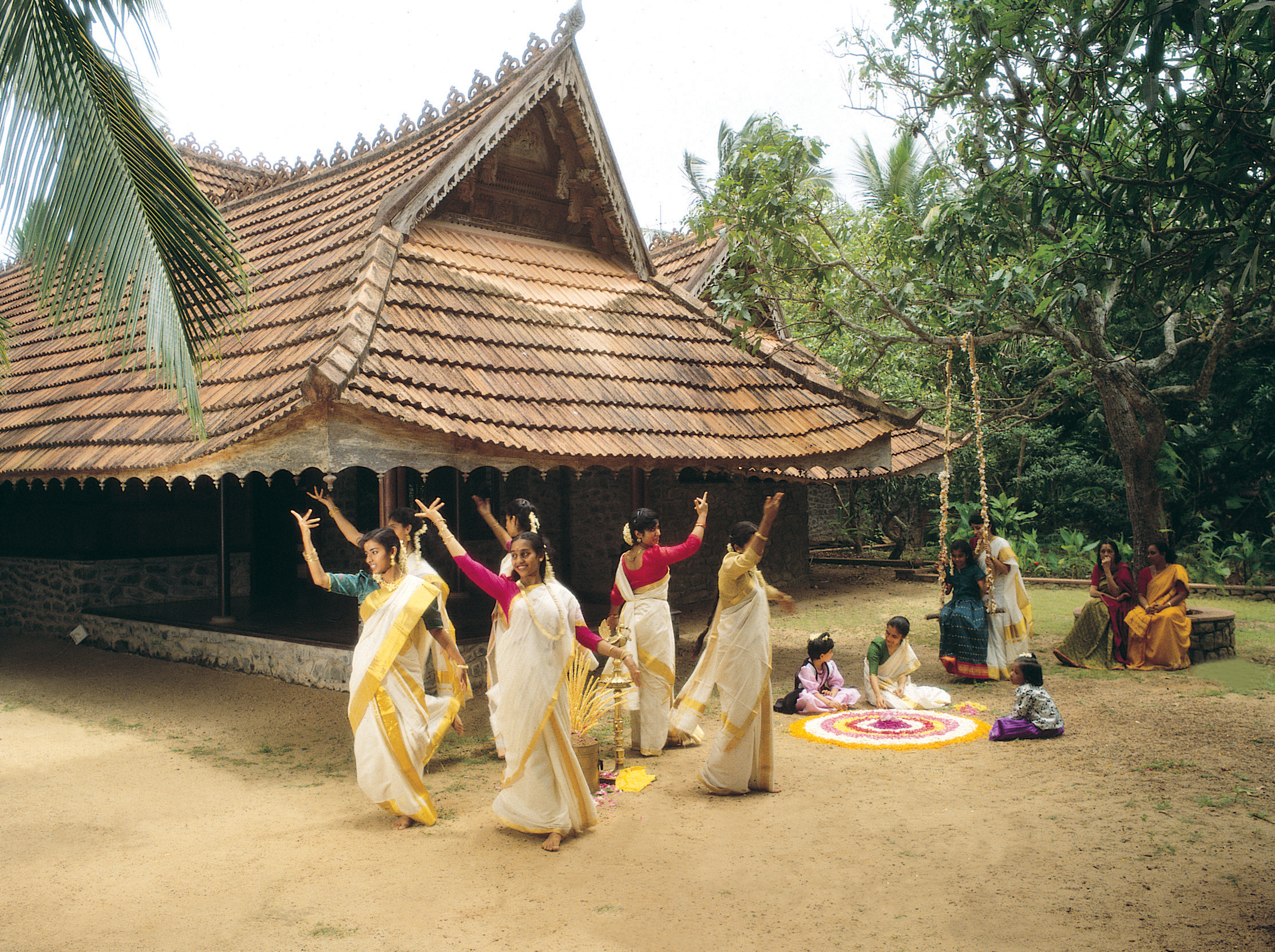
The people of Kerala go crazy over the state festival of Onam, with ten days of feasting, boat races, song, dance, and merriment. Late August or early September marks some high-spirited celebrations down south. Onam is the only major Indian festival that is celebrated equally by people of all faiths and castes.
It is an occasion for joy, compassion, gift-giving, and solidarity, and embodies Kerala’s cultural unity and pluralism. People in the southern Indian coastal state of Kerala go crazy over the state festival of Onam. It is a Harvest Festival when nature is at its best in beauty and bounty, there is also a well-known legend of Mahabali connected to it.
Onam begins on Tuesday, 26th August and ends on Friday, 5th September 2025.
The Origin of Onam
Onam or Thiruonam originated as a joyous annual reminiscence of the golden rule of King Mahabali, a mythical king, who ruled Kerala a very long time ago. This fascinating story of the legendary king called Mahabali is closely connected with the Onam festival. It recalls the sacrifice of the great king, his true devotion to God, his human pride, and his ultimate redemption. Onam welcomes the spirit of a great king and assures him that his people are happy and wish him well.
Vishnu is supposed to have taken ten incarnations to uplift the world and free it from the thraldom of adharma or unrighteousness. The whole festival of Onam centers around the story of the fifth incarnation of Vishnu known as Vamana. But unfortunately, this part of the Onam festival was forgotten during the days of British rule. Now with the revival of Hinduism, this story is slowly being brought into prominence.
The Legend
Facts and fables blend as Kerala celebrates this royal return, year after year with the festivities of Onam. Legend has it that the gods plotted against Mahabali to end his reign. Mahabali was an ardent devotee of Lord Mahavishnu, the Preserver of the Hindu Trinity of Brahma (Creator), Vishnu, and Maheswara or Siva (Destroyer). For this, they sent Lord Vishnu to earth in the form of a dwarf Brahmin (Vamana). But before being trampled down to the netherworld, Vishnu granted the king’s sole wish: To visit his land and people once every year.
Since he dearly loved his land and people, he said he would love to visit them once every year. The King’s nobility moved Mahavishnu and he granted the boon, wherein he could visit his land once a year and that he would always remain one of the most loved of kings
As per the belief of the people, King Mahabali sacrificed himself with everything he had to stand true to his words. As a recompense for all the sacrifices made by him, he stays in the memories of the people till today. He along with his followers became immortal in the memories of people and remembered in the form of the celebration of the Onam festival.
In the Malayalam month of Chingam (in August / September as the Malayalam calendar is a lunar calendar) it is believed that Mahabali visits Kerala – and that is Onam time. All houses are decked to receive the King. Among other things, homes are decked with floral carpets called Pookkalam or Rangoli. Courtyards are adorned with clay pyramids decorated with wet rice flour. And Mahabali is said to visit homes on the second Onam day – Thiruvonam.
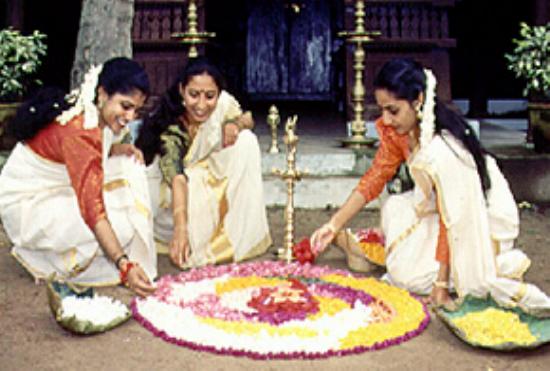
The Custom
Each day of the Onam festival has its beauty and ceremonial significance. People house deities in their house and temple authorities perform different types of rituals on all the days of the festival. On each day the sculpture of Lord Vamana is adorned like one of the ten incarnations of Lord Vishnu.
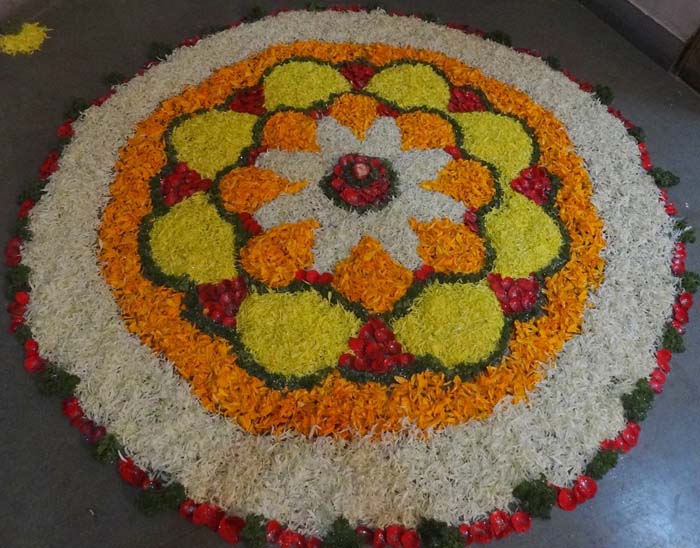
A flower carpet called ‘Pookalam’ is laid in front of every house to welcome the advent of the vanquished king, and earthen mounds representing Mahabali and Vishnu are placed in the dung-plastered courtyards. Traditional rituals are performed followed by a lavish feast called ‘Sadhya’. Onam also means new clothes for the whole family, sumptuous home-cooked delicacies on a plantain leaf, and the lingering aroma of the sweet Payasam.
The Spectacle
Spectacular parades of caparisoned elephants, fireworks, and the famous Kathakali dance are traditionally associated with Onam. It’s also the season of many cultural and sports events and carnivals. All this makes Onam-time a perfect period to visit this coastal state, touted as “God’s Own Country“. No wonder the Government of Kerala has declared this time every year as Tourism Week.
In the Thrissur region, a few unusual activities occur during the festival. Grass-clad and masked Kummatti dance performers come to the streets to amuse people on the last four major days of the Onam festival. Men are dressed up in the appearance of a tiger. They also perform the traditional pulikkali folk dance for a few days post culmination of the Onam festival.
Suggested Read: Kerala – Culture, and Tradition
The Grand Boat Race
One of the main attractions of Onam is the ‘Vallamkali’ or boat races of Karuvatta, Payippad, Aranmula, and Kottayam. Hundreds of oarsmen row traditional boats to the rhythm of drums and cymbals. These long graceful Snake Boats called ‘Chundans’ are named after their exceedingly long hulls and high sterns that resemble the raised hood of a cobra.
Then there are ‘Odis’, the small and swift raiding crafts adorned with gold tasseled silk umbrellas, the ‘Churulans’ with their elaborately curled prows and sterns, and the ‘Veppus’, a kind of cook-boat. This traditional village rivalry on watercraft reminds one of ancient naval warfare.
Thousands throng the banks to cheer and watch the breathtaking show of muscle power, rowing skills, and rapid rhythm. These boats – all pitted against their own kind – rip through the backwaters of Kerala in a tussle of speed.
Onam is For All
Although this festival has its origin in Hindu mythology, Onam is for all people of all classes and creeds. Hindus, Muslims, and Christians, the wealthy and the downtrodden, all celebrate Onam with equal fervor. The secular character of Onam is peculiar to this land where unity had always coexisted with diversity, especially during festivals, when people come together to celebrate life’s unlimited joys.
Let us hope that with the blessings of Vamana the beautiful land of Kerala will revert to its past glory, and the people will get a set of rulers who will keep up the tradition of the Great Bali -Mahabali.

